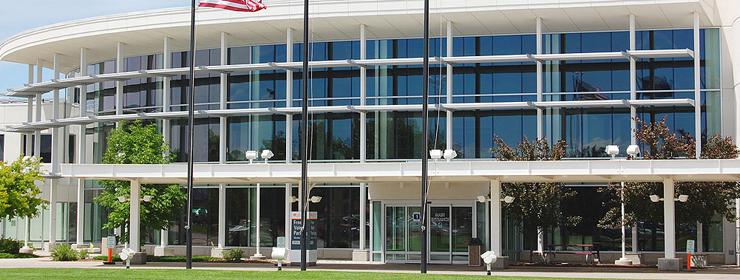
Data and Cancer Society Endorsement Show New HPV Vaccination Guidelines are Working
SCOTTSBLUFF, Neb., – Every year in the United States the human papillomavirus, commonly referred to as HPV, causes 30,700 cancers in men and women, yet according to the Centers for Disease Control and Prevention (CDC), the HPV vaccination can prevent about 28,000 of those cancers from occurring. Those statistics are among several reasons staff at Regional West Community Health welcome the American Cancer Society’s (ACS) new HPV vaccination guidelines.
The American Cancer Society recently endorsed a new policy recommended by the Centers for Disease Control and Prevention to vaccinate males as well as females to protect against HPV, which is associated not only with cervical cancers, but other types of cancer as well, including head, neck and throat.
“In a nutshell, the ACS endorsement of HPV vaccines in both boys and girls is like a ‘gold seal’ of approval,” said Sandy Preston, RN, BSN, Regional West Community Health nurse.
The ACS first published a guideline for the use of HPV vaccines for the prevention of cervical cancer and pre-cancer in 2007. At the time, the vaccine was not approved for use in males and there was insufficient evidence for vaccinations beyond the age of 18.
Since then, additional studies have added to the evidence, new versions of the vaccine have been licensed for use in the United States, and there have been new immunization recommendations from the Advisory Committee on Immunization Practices (ACIP). Studies indicate that vaccination in males will be effective against cancers related to HPV in males, as it is in females. Vaccinating males may also provide additional protection to females.
“This proves what we have been trying to teach – that a reduction in the number of HPV-caused cancers can be achieved by the use of this vaccine,” Preston said. “In addition, prevention of the cancers then means that it is not spread male to female, female to male. It is also important to remember that sexual intercourse is not necessary for HPV to be spread.”
Preston said that although the ACS’s endorsement of the HPV vaccination recommendations is vital to the success of a state and national agenda to increase the number of people covered by the vaccines, it won’t change the present practices at Community Health because the CDC’s guidelines are already being followed.
“We normally start this series at the age of 11, before exposure occurs and at the time that elicits the strongest immune response. The latest recommendations from the CDC and ACIP indicate that only two doses are needed if started prior to age 15 and those 15 and older will need three doses. Nevertheless, those through ages 26 can still be immunized,” she said, noting, “On a national level, we have seen more than a 50 percent reduction in cervical cancers alone in the 11-26 year age group in those who have been vaccinated over the past several years.”
For more information about the HPV vaccine or the recommended vaccination guidelines, contact the Community Health office at 308-630-1126; the Scotts Bluff County Health Department at 308‐436‐6636; or visit https://www.cdc.gov/hpv/.
Regional West Health Services in Scottsbluff, Neb., is the parent company of Regional West Medical Center, a 182-bed regional referral center and one of three Level II Trauma Centers in the state. As the region’s only tertiary referral medical center, Regional West offers care that spans more than 32 medical specialties provided by over 28 physician clinics. With nearly 300 providers, and over 2,000 employees, Regional West provides comprehensive and innovative health care services for the people of western Nebraska and the neighboring states of Colorado, South Dakota, and Wyoming.